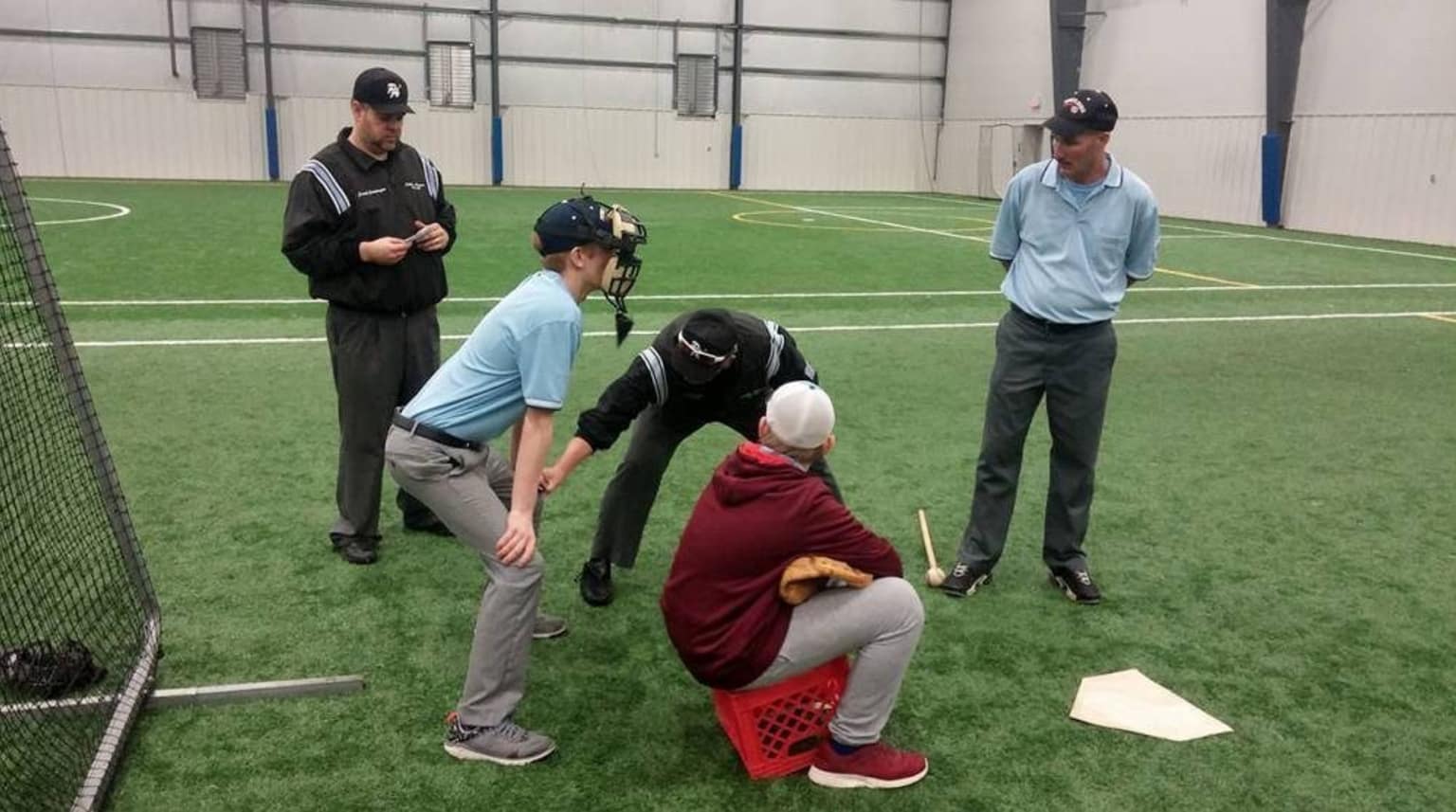Developing a Junior Umpire Program

Introducing teenagers to the craft of umpiring in Little League® expands the volunteer ranks in your league or district, while creating a fun way for young adults to learn leadership, responsibility, and accountability.
Whether a high school athlete, or not, becoming a junior umpire in a local Little League program offers teens a way to grow their self-esteem and gain experience in a fun, educational setting.
Where to Find Them
Umpire-In-Chiefs (U.I.C.s) know how difficult it can be to recruit volunteer umpires. At the same time, teenagers are looking for opportunities to prove themselves, and in many school districts, are often looking to collect civil service hours to be credited toward graduation and volunteer activities to build their resumés.
By reaching out to the athletic directors in your area, or the local high school or even college baseball and softball coaches, U.I.C.s can connect with a new constituency of volunteers that are available, and willing to donate their time.
It is important to organize the recruiting and training program through the U.I.C. Your local high school athletic and guidance offices will provide direction and, in many cases, assistance with identifying junior umpire candidates. Once you have assembled a list and secured commitments from the students, then place them into your league’s training program.
How to Train Them
After each new recruit successfully completes the volunteer application and approval processes, be sure to offer access to upcoming additional educational opportunities. Highlight district and regional training, including the umpire mechanics clinics held each spring at Little League International. Direct them to the Umpire section on Little League University, and share the resources available through the Little League Umpire Registry.
With leadership provided through a league’s locally-developed mentoring regimen, experienced Little League umpires can be partnered with their junior counterparts. Together, in real-time situations, they will train and practice throughout the season.
Local leagues establish what junior umpires will wear on the field. As an incentive, the local league can provide these umpires-in-training with access to the proper safety equipment and help them procure uniform items. It is encouraged that they dress the part, but by no means is it mandatory or even highly recommended.
With comfort comes confidence. The desire is to have these new umpires become acclimated at a steady pace, while having fun. To avoid overwhelming them, place each junior umpire into an environment where they can become comfortable with the game from this new and different perspective.
By beginning in the Minor Division, these new umpires can learn the proper mechanics and apply the rules at a manageable speed. At the same time, the players and coaches at this level can be excited about having “real umpires” officiate their games.
Why They Are Important
Inviting high school baseball and softball players to volunteer, along with their coaches, brings an inherent level of credibility and respect in the eyes of the local league, and helps your league develop an important relationship with your local high school programs. That relationship can pave the way to building your league, especially at the teenage level. Current Little League players and coaches may know, or know of, the high schoolers turned umpires. And the collection of new, young volunteers will likely have ties back to the local league.